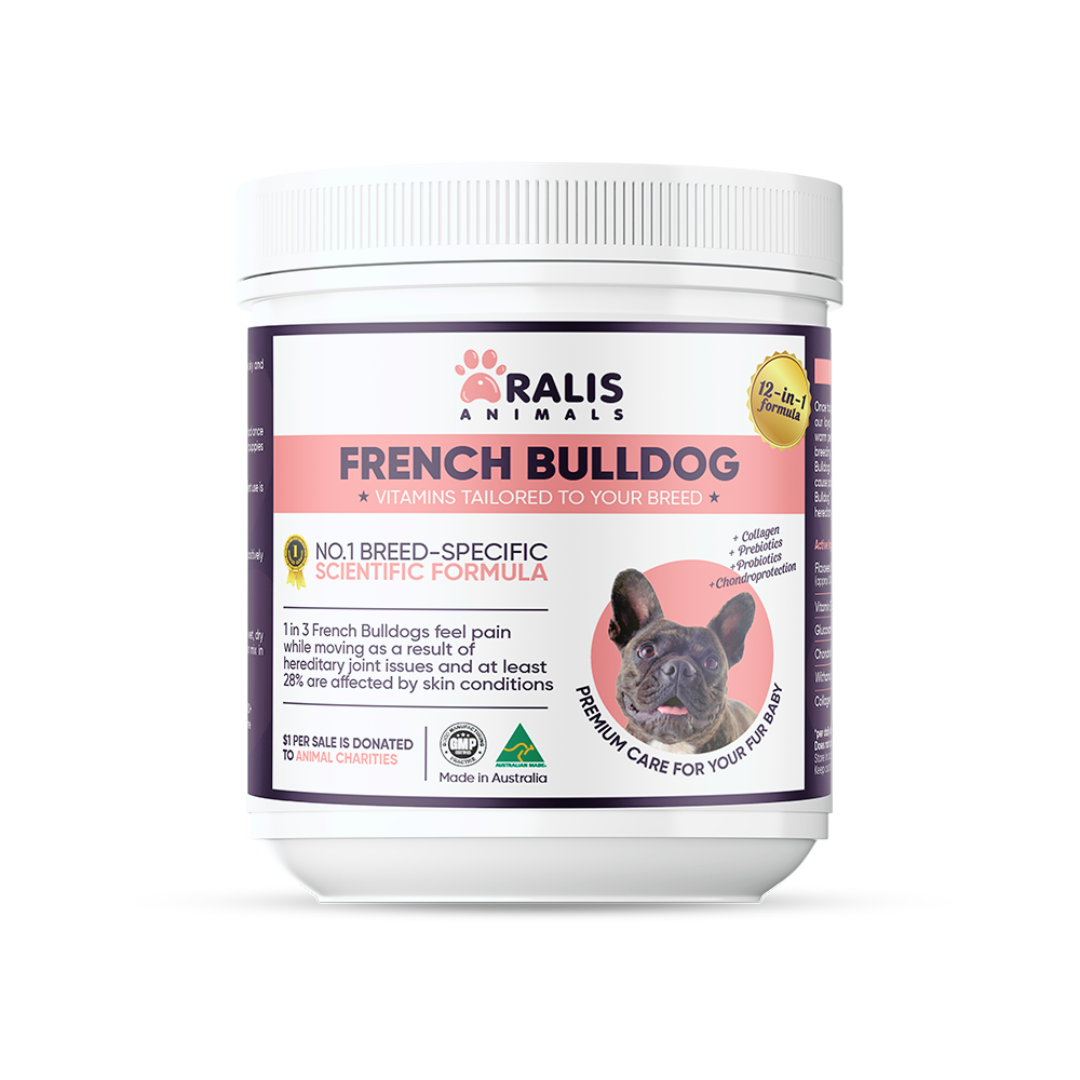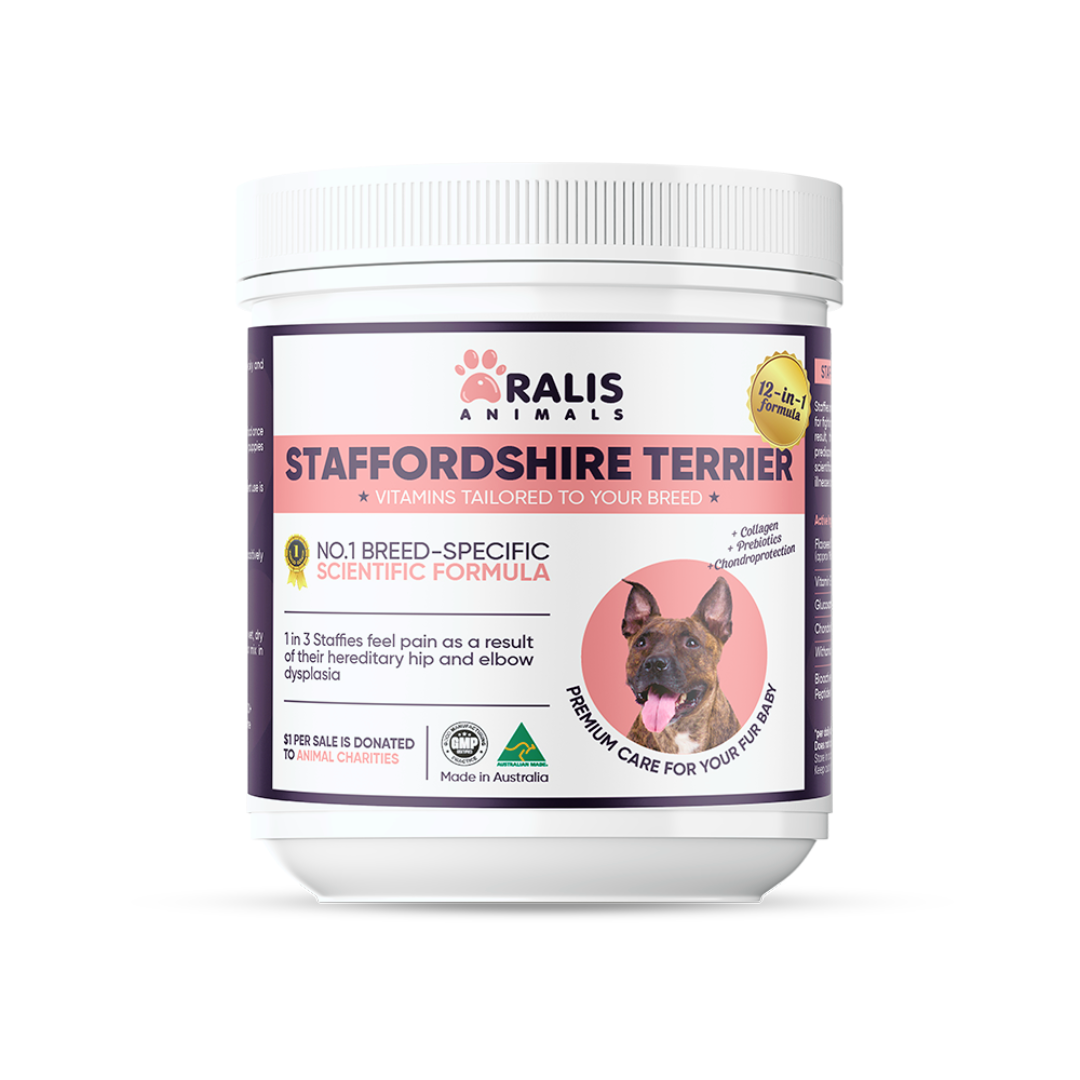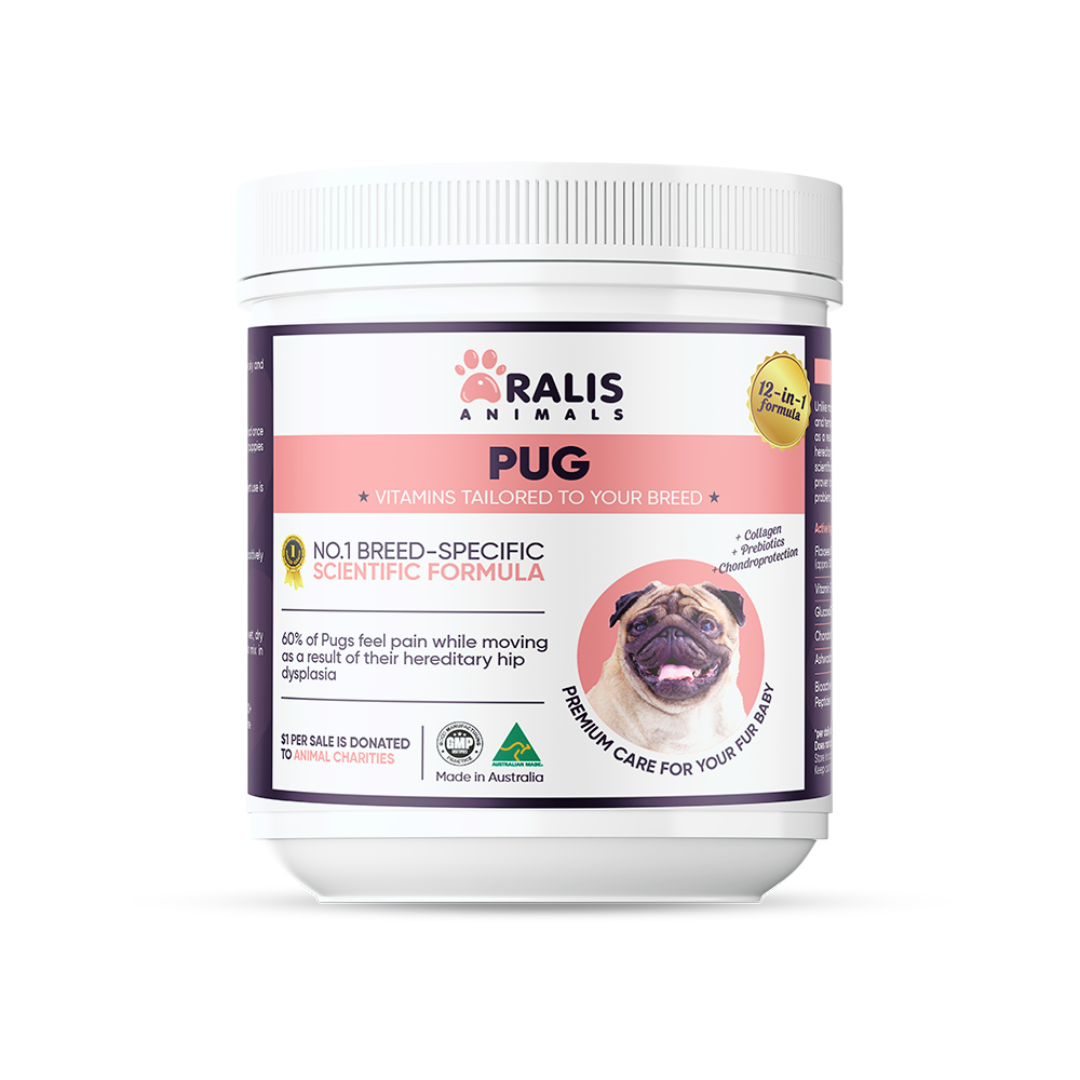Do Multivitamins Actually Help With Dog Anxiety? Here's What Works Best

As pet owners, we want nothing more than to see our furry companions happy and healthy. One common issue that many dog owners face is anxiety, which can manifest in various behavioral and physical symptoms. In this blog post, we'll explore the role of multivitamins in managing canine anxiety and uncover the most effective strategies for supporting your dog's well-being.
Understanding Dog Anxiety
Dog anxiety is a complex condition that can be triggered by a variety of factors, including environmental changes, separation from their owners, loud noises, and even certain social situations. Behavioral indicators of anxiety in dogs may include excessive panting, pacing, trembling, and even destructive behaviors. Physically, anxious dogs may experience digestive issues, loss of appetite, and even skin problems.
How Multivitamins Can Potentially Help
Multivitamins have long been touted as a potential solution for managing dog anxiety, and for good reason. Certain vitamins and minerals play a crucial role in supporting brain health and regulating the body's stress response. For example, B-complex vitamins, such as B6 and B12, are essential for proper nerve function and can help alleviate anxiety symptoms. Additionally, minerals like magnesium and zinc have been shown to have a calming effect on the nervous system. If you’re just getting started, a gentle calming multivitamin that pairs B-vitamins and magnesium with botanicals like ashwagandha and tummy-friendly probiotics can be a simple first step. Explore our Aralis Animals Multivitamins here.
Types of Supplements Effective for Dog Anxiety
When it comes to selecting the right multivitamin for your anxious dog, it's important to look for natural, breed-specific formulas that contain a combination of these key nutrients. Some of the most effective natural supplement options for dog anxiety include:
Omega-3 Fatty Acids
Omega-3 fatty acids, such as those found in fish oil, have been shown to have anti-inflammatory properties and can help reduce the physiological symptoms of anxiety in dogs.
Chamomile and Valerian Root
These herbal ingredients have a calming effect and can help soothe your dog's nerves, particularly in stressful situations.
L-Theanine
This amino acid has been found to promote relaxation and reduce stress levels in both humans and animals.
It's important to note that while these natural supplements can be beneficial, it's always best to consult with your veterinarian before introducing any new products to your dog's diet, especially if they are already taking medication or have underlying health conditions.
Best Practices for Using Multivitamins
When it comes to using multivitamins to manage dog anxiety, it's crucial to follow the recommended dosage and guidelines provided by the manufacturer. Factors such as your dog's size, age, and overall health will all play a role in determining the appropriate amount of supplements to give.
Additionally, it's important to choose a high-quality, breed-specific multivitamin that contains the necessary vitamins, minerals, and other active ingredients to support your dog's specific needs. Consulting with your veterinarian can also help ensure that you're selecting the most suitable supplement for your furry friend.
Alternative Anxiety Management Strategies
While multivitamins can be a helpful tool in managing dog anxiety, they should not be the sole solution. A comprehensive approach that combines supplements with other anxiety-reducing strategies can be the most effective way to support your dog's well-being.
Some alternative anxiety management strategies include:
Behavioral Training
Positive reinforcement-based training can help your dog develop coping mechanisms and reduce anxiety-related behaviors.
Environmental Modifications
Creating a calm, comfortable, and predictable environment for your dog can help alleviate stress and anxiety.
Complementary Treatments
Techniques like pheromone therapy, calming music, and even CBD oil have been shown to have a soothing effect on anxious dogs.
Conclusion
Multivitamins can be a valuable tool in supporting your dog's overall health and potentially helping to manage anxiety-related symptoms. However, it's important to remember that a holistic approach that combines supplements with other anxiety-reducing strategies is often the most effective way to help your furry friend thrive. By working closely with your veterinarian and implementing a comprehensive plan, you can help your dog overcome anxiety and enjoy a happier, healthier life.





